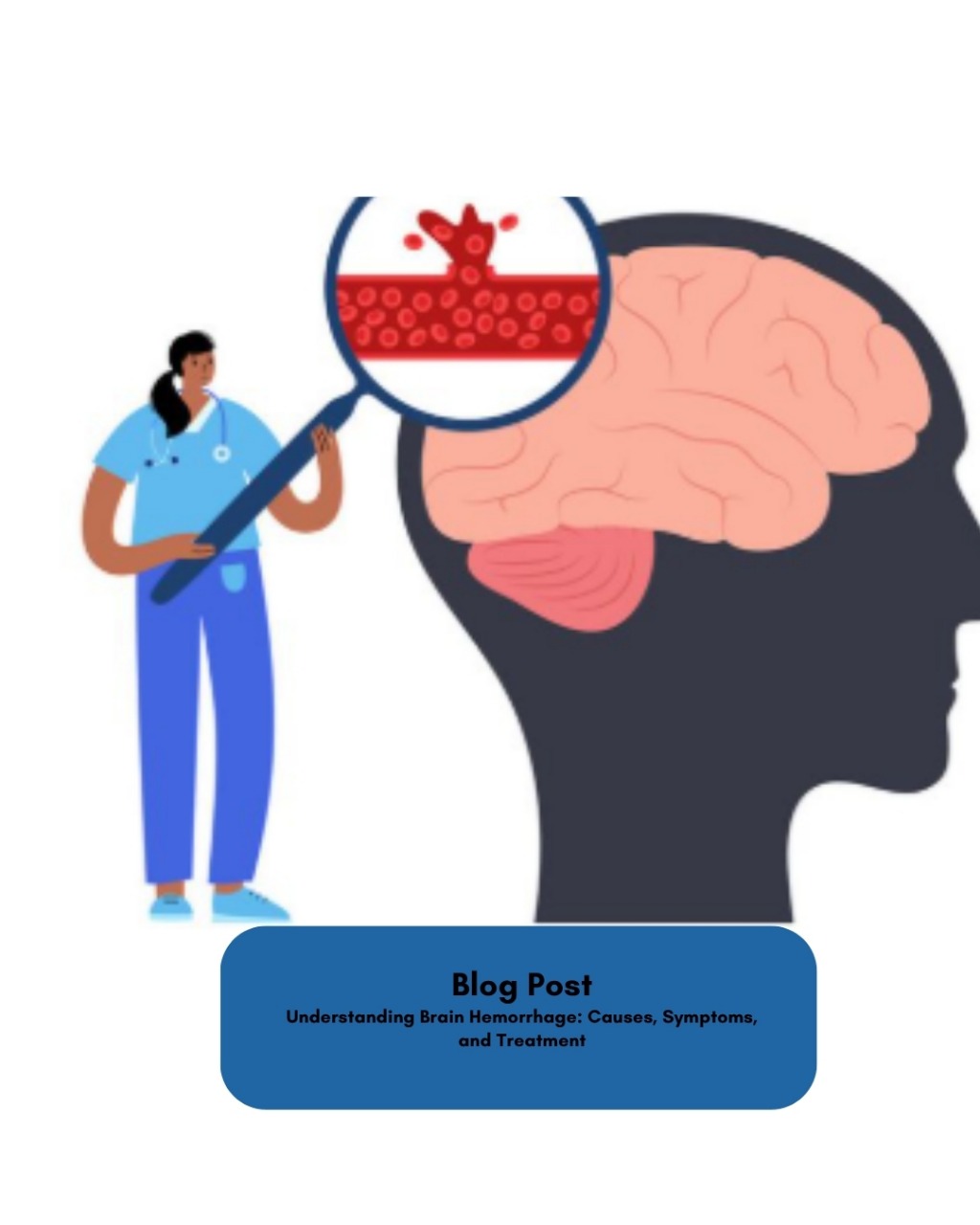Radiculopathy: Understanding Nerve Root Compression
Radiculopathy, often referred to as "pinched nerve," occurs when a nerve root in the spine becomes compressed or irritated. This compression can lead to pain, numbness, weakness, and other sensory disturbances in the affected area.
Common Causes of Radiculopathy
Herniated Disc: A bulging or ruptured disc can press on a nerve root.
Degenerative Disc Disease: Wear and tear on the spinal discs can lead to nerve compression.
Spinal Stenosis: Narrowing of the spinal canal can put pressure on the nerves.
Spinal Injury: Trauma to the spine can damage nerve roots.
Symptoms of Radiculopathy
The symptoms of radiculopathy can vary depending on the location of the affected nerve root. Common symptoms include:
Pain: Sharp, shooting pain that radiates into the neck, arms, legs, or back.
Numbness: Loss of sensation in the affected area.
Weakness: Difficulty moving muscles in the affected area.
Tingling or burning sensations
Diagnosis and Treatment
To diagnose radiculopathy, Dr. Vamshi, a renowned neurosurgeon, may use a combination of the following:
Physical Examination: To assess your symptoms and reflexes.
Imaging Tests: X-rays, MRI, or CT scans to visualize the spine.
Nerve Conduction Studies: To measure the speed of nerve impulses.
Treatment for radiculopathy depends on the underlying cause and severity of symptoms. Non-surgical treatments may include:
Rest: Avoiding activities that aggravate symptoms.
Physical Therapy: To strengthen muscles and improve flexibility.
Medication: Pain relievers, anti-inflammatory drugs, or muscle relaxants.
In some cases, surgery may be necessary to relieve pressure on the nerve root. Dr. Vamshi, the best neurosurgeon is highly skilled in performing minimally invasive surgical procedures, such as microdiscectomy, to address the underlying cause of radiculopathy.




Comments
Post a Comment